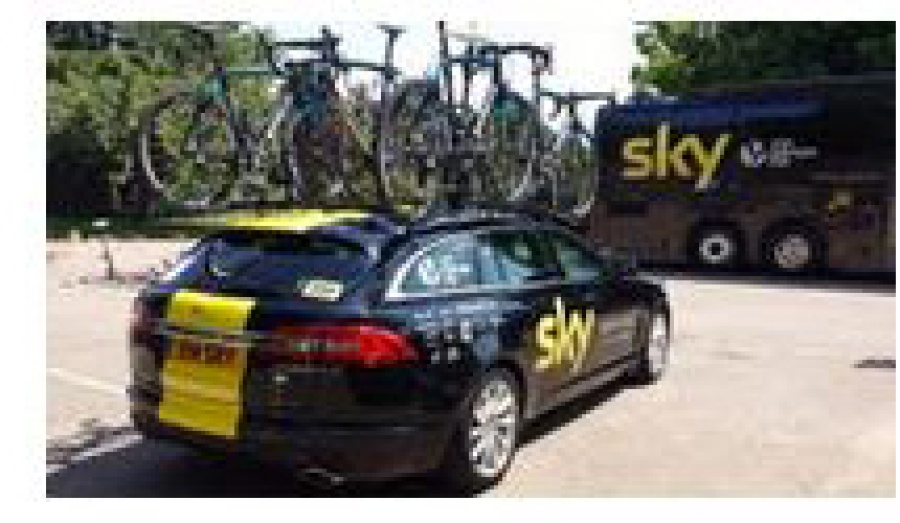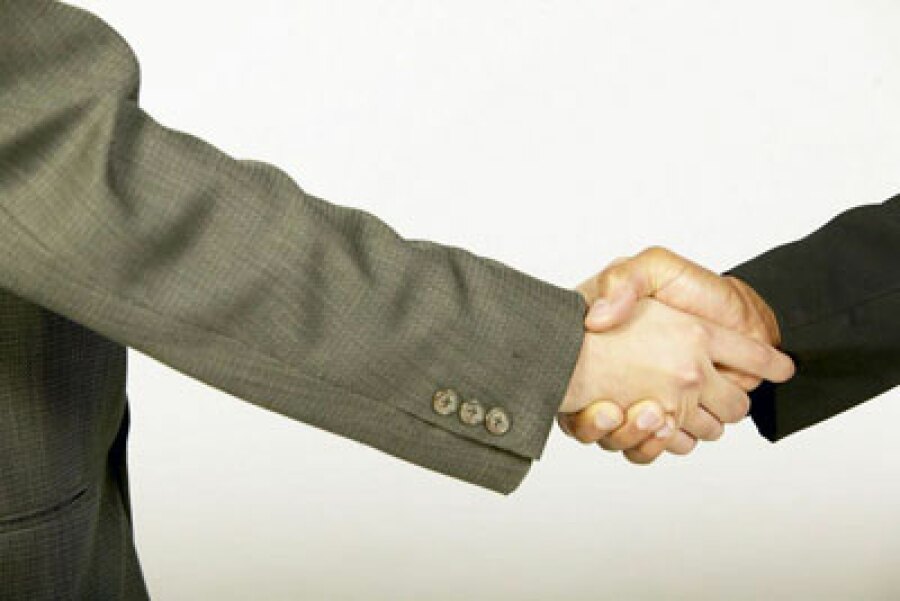The Example of Sponsoring

After the British cycling team Sky Pro Cycling won this year’s Tour de France last month, the Manchester branch of the franchise Signs Express – the UK’s largest sign company – announced with glee how they were the ones to create the car graphics and signage for the team’s supporting vehicles. Graphics were bright and yellow, with the Sky logo standing out against the two black Jaguar XF Sportbrake cars and the black bus around which they were wrapped. The Tour de France is watched by millions around the world, and with the multi-fix vinyl print matching the winning cyclist’s yellow jersey that was it; through creating such promotional material Signs Express had helped Sky Pro Cycling to capitalise on a fantastic marketing opportunity. The Signs Express (Manchester) co-owner Lee Eaton said “We feel very privileged to have been involved in such a prestigious occasion and were delighted to pull out all the stops.”
The Definition of Sponsoring
This method of marketing used to be dominated by larger companies, mostly sponsoring sporting events at a national or international level. It doesn’t get much bigger than the ‘Heineken Cup’ (or the ‘H Cup’, as it is known in France). However, sponsorship is now growing as small businesses, franchisees included, begin to sponsor everything in their local communities. Supporting festivals, local teams, sporting events and charities – financially or otherwise – gives petite enterprises the chance to appeal to their local and target markets and to enhance their image.
Sponsorship should not be confused with advertising. The latter is a type of quantitative promotion, while sponsorship has a more qualitative nature. It may be tempting to declare that for every £1 you spend on sponsorship, you should achieve a return of at least £1.20; but this is not practical. Measuring how many of your occasional customers have switched over to being fully loyal is almost impossible.
The Benefits of Sponsoring
There are many reimbursements for sponsoring something in the public eye:
- It increases brand awareness, often putting a company above its competitors.
- It gives the company an angelic image as it supports its community. It is a good citizen, a good neighbour, and it will establish goodwill.
- It is not just potential/current customers who are being struck; sponsoring can gain the attention of decision makers in businesses and government entities.
- It can result in beautiful media coverage. If an event is being referred to in the media, the sponsor’s name will often be mentioned, and photos may be shown of the company’s logo. This gives small companies the chance to gain media exposure that they could not have afforded to buy directly, or that might not even have been available in the first place.
- It is a chance to hit a specific, target audience, as well as to appear like an expert within a certain industry, for example by sponsoring that sector’s awards.
The Act of Sponsoring
There are many factors to consider when choosing which event or organisation to sponsor. Small companies are often approached by local groups who are convinced that their organisation is worthy of support. You are not obliged to agree. It is necessary to establish that such potential beneficiaries are organised and professional, that their need for your help is genuine, and that they have the right image. Is the partner you are going to be associated with perceived as sophisticated? Does it have a clean reputation? Would your association with it make sense in the eyes of your customers? All the effects on your company’s status must be positive.

If you plan to sponsor an event, it is important to research facts such as expectations of attendance, the kind of audience that you will be reaching, and if any of your competitors will be sponsoring too. This is a chance to tap into a specific, niche market, increasing loyalty in a target audience. A classic example is ITV programmes. Most sponsors are relevant to the programme’s topic, for example Paul O'Grady: For the Love of Dogs is sponsored by Pedigree; Let’s Do Lunch is sponsored by Schloer; while Long Lost Family is sponsored by Genes Reunited.
Having chosen your lucky beneficiary, it is important to remember that sponsorship doesn’t always have to cost a fortune, and doesn’t always have to be in cash form. If your resources are limited, then ‘in-kind’ sponsorship is an option – donating the products or services that your company provides. For example, if you operate a catering franchise, you could offer free meals. It can also be effective to give out branded items (with your logo on them) that people can take home – items of a reusable nature such as mugs, so that they will come across your name again and again. It is important to promote and publicise any sponsorship your side as well, sending out a press release informing the world of the partnership/the event. Incite your current and potential customers.
The Rewards of Sponsoring
What you can expect to get back, especially when sponsoring an event:
- Your company should be mentioned whenever the event is advertised.
- Your company’s logo should appear on banners, tickets, leaflets… basically everything that is going to be printed.
- The right to have a table or stand at the event.
- You should receive free tickets to the event to give to customers, partners, etc.
- Media exposure whenever the event is covered.














